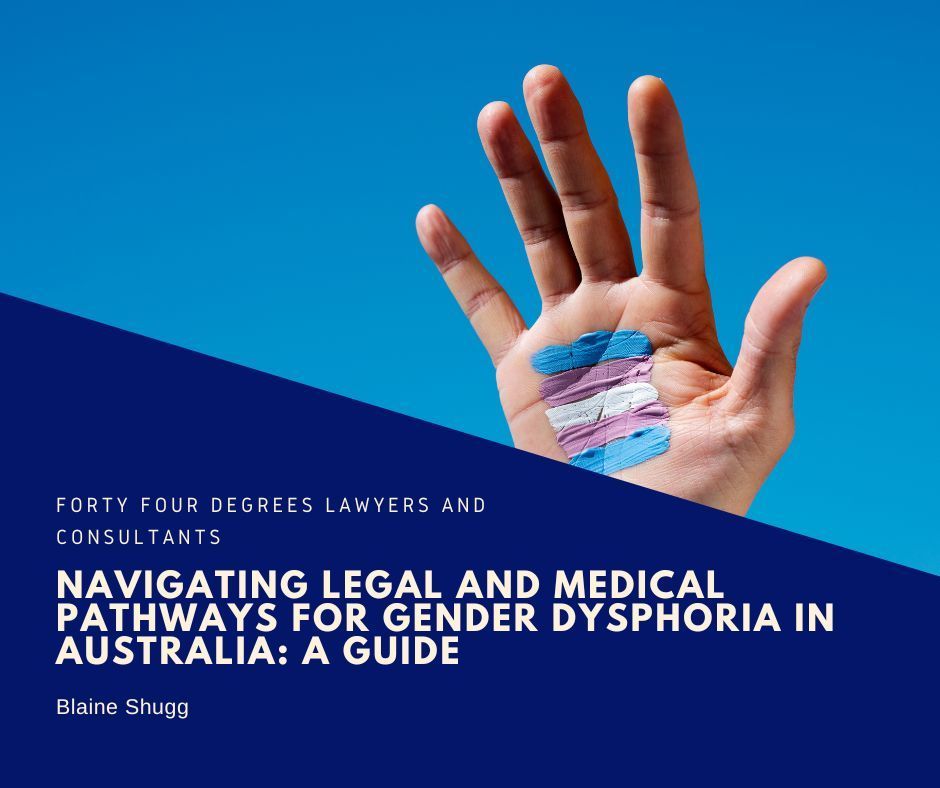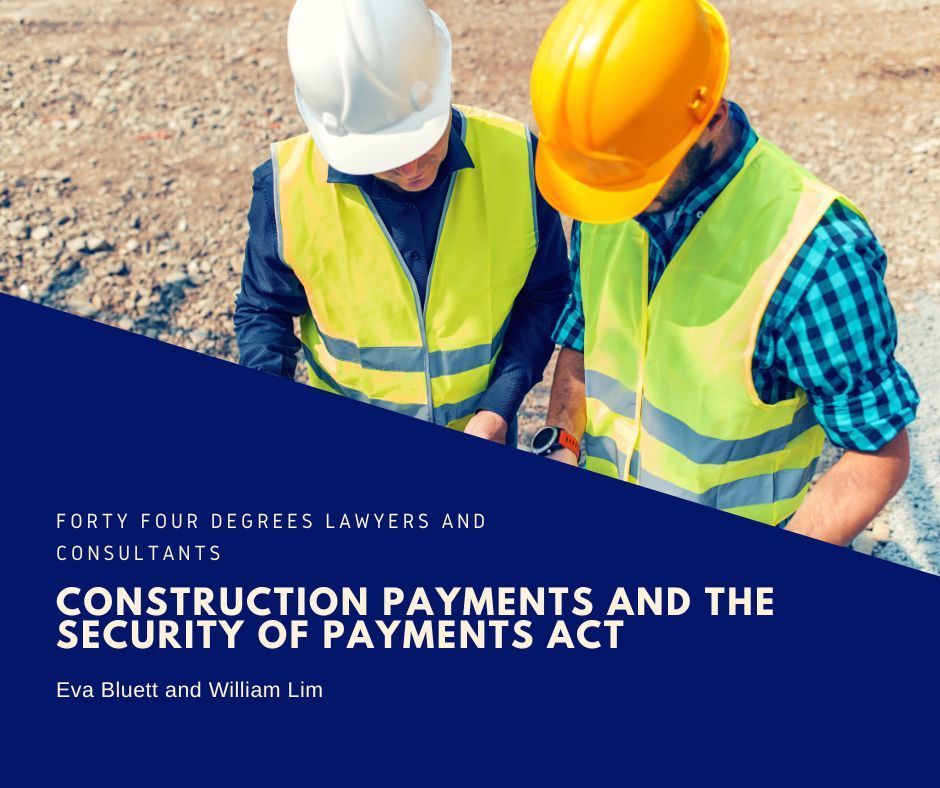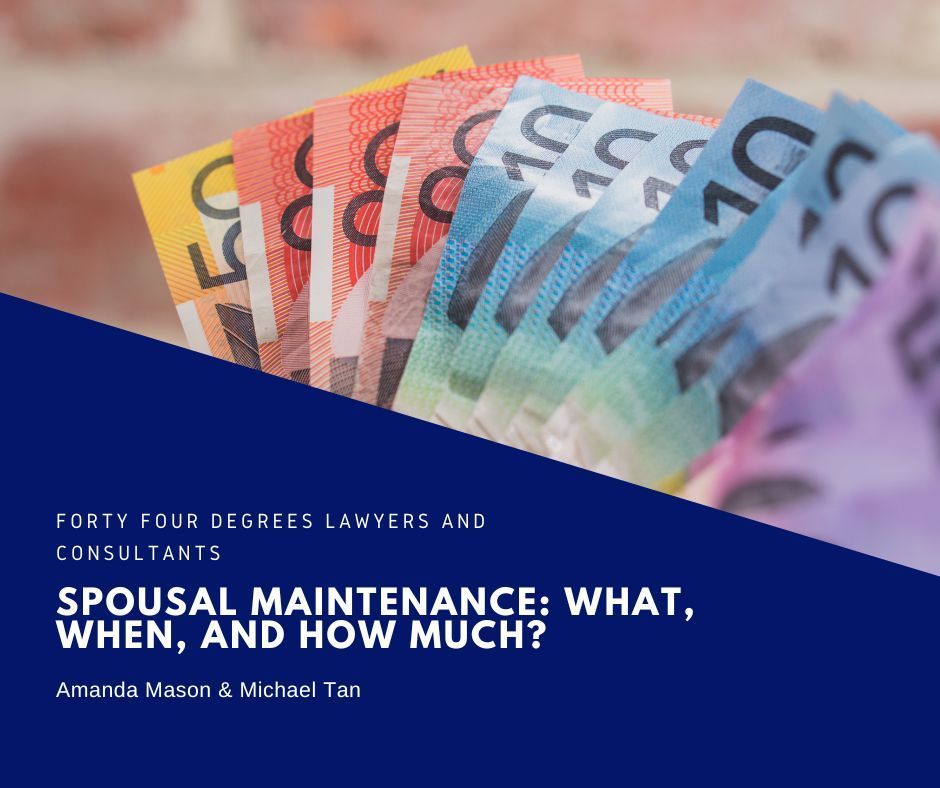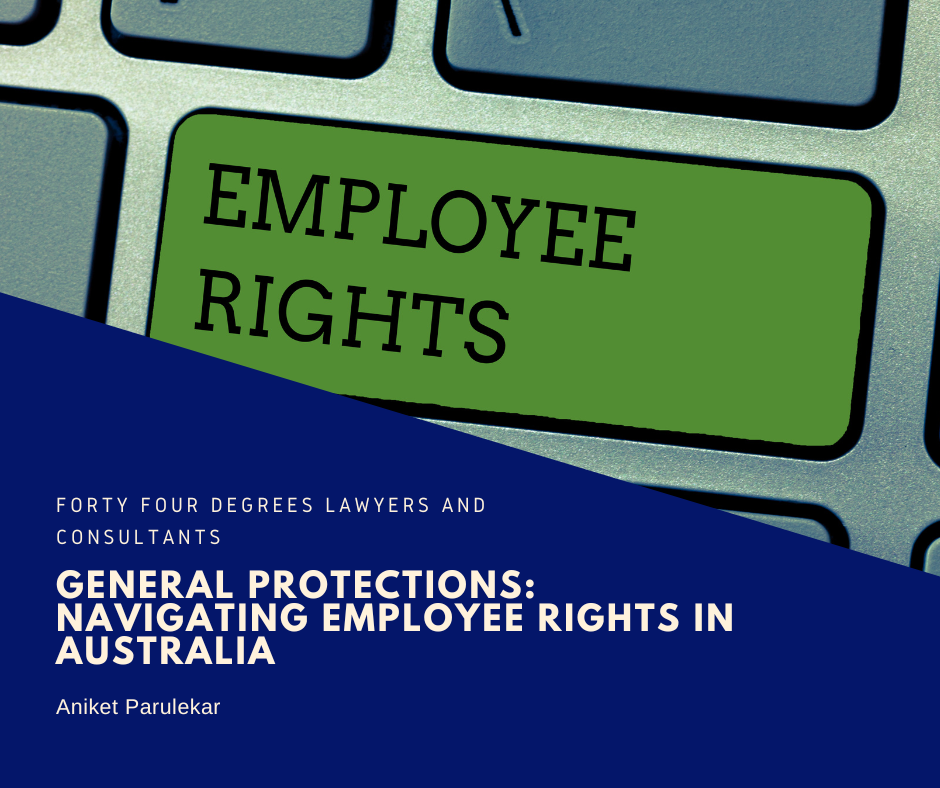The Australian Partner Visa's Response to Domestic Violence
How domestic violence can affect your, or your partner's, visa application

Over the past decade, domestic violence has become a topic of concern among Australians. A 2018 report published by the Australian Institute of Health and Wellness indicates that 1 in 6 women, and 1 in 16 men, have experienced physical or sexual violence by a current or former partner. As awareness of the reality of domestic violence has increased, legislation has been amended to enable earlier detection and stronger protection for victims.
Domestic violence is a complex matter which is intertwined with a multitude of other issues. Thus, recognition of domestic violence has not been limited to family law legislation. In 2018, the Migration Amendment (Family Violence and Other Measures) Act was passed, amending the application process for declared classes of the family visa stream. As part of the 2020-21 Budget, it was declared that the changes would apply to partner visas commencing November 2021. The changes have not yet been introduced and it remains unclear when they will be effective.
The proposed reforms to the partner visa framework are in response to the National Plan to Reduce Violence against Women and their Children (https://plan4womenssafety.dss.gov.au/) and disingenuous claims of partnership. Anecdotal reports and academic studies, such as that by Harmony Alliance (https://www.harmonyalliance.org.au/wp-content/uploads/2018/10/Fourth-Action-Plan-Harmony-Alliance-Submission.pdf) highlight how sponsors may use their status to threaten and coerce their visa applicant partners. Moreover, language and cultural barriers allow these experiences to go unheard.
Prior to these proposed reforms, applicants who experienced domestic violence within their family unit and consequently separated from their sponsor were exempt from the sponsorship requirement. However, this exemption was heavily criticised for carrying too high a threshold for ‘acceptable evidence’. The 2018 legislation introduces a two-stage application process and an English language requirement for partner visa applications. These aim to strengthen the protection of vulnerable Australians from non-genuine visa applicants and genuine visa applicants from sponsors with past convictions relating to domestic violence.
Application Framework
The first major amendment is the extension of the skilled worker application framework to partner visas, as a declared class of the family visa stream. Rather than requiring the sponsor to make submissions as part of the visa application, the sponsor will be required to submit an application and receive approval before the visa application is submitted. This prevents the visa application from being rejected on grounds related to the sponsor.
Separation of the sponsorship and visa application facilitates greater consideration of domestic violence. Subject to discretionary factors, the Minister must refuse a sponsorship application if the applicant has been convicted of a relevant offence and has a significant criminal record. While police checks were previously only required where the application related to the sponsorship of a child, the amended regulations give the Minister the power to order a police check from Australia or a foreign jurisdiction.
Additionally, successful sponsorship applicants are obliged to provide further evidence when requested by the Department and inform the Department of any material changes to the sponsorship. These reforms increase the Department’s ability to detect domestic violence and allow the Minister to cancel or bar a potential sponsor if they are found to be involved in violent crimes, consequently protecting potential visa applicants.
Information Sharing
The 2018 reforms also respond to Action 11 of the National Plan which aims to assist women in culturally and linguistically diverse communities by extending information sharing provisions under Division 3A of the Migration Act to partner visas. This enables information obtained for the purpose of determining a sponsorship application, such as police checks, to be shared with the visa applicant. This further responds to domestic violence concerns by ensuring all parties to the application are fully informed before committing to the next stage of the application process.
English Language Requirements
Pursuant to the 2018 amending act, at the time of submitting a 100 or 801 application, the visa applicant and sponsor must demonstrate a functional level of English or reasonable efforts to learn English through participation in the Adult Migrant English Program (AMEP). While this is satisfied by the completion of 500 hours of classes, in April 2021 the limit on engagement in the program was removed, increasing the ability of participants to further develop their language proficiency.
While the aim of the English language requirement and increased access to AMEP is primarily to enhance job opportunities, it allows for a narrowing of language barriers and facilitates social cohesion, in turn reducing vulnerability to domestic violence by opening up communication channels. Language proficiency enables victims to better understand and seek available help.
How effective are these amendments?
While these amendments respond to the national crisis of domestic violence, they have not been warmly welcomed by all stakeholders. The separation of the sponsorship and visa application process is criticised for prolonging what is already an arduous process. Additionally, the sponsorship application fee further increases the financial burden on applicants.
The effectiveness of these measures as a response to domestic violence has been questioned. Some argue there is a greater need for support services tailored towards migrant groups. Currently, there are no culturally specific domestic violence refuges in Victoria. Additionally, the effectiveness of police checks and information sharing is doubtful, as domestic violence is not easily detectable simply by analysing a sponsor’s criminal records. Moreover, cultural views regarding equality and domestic relationships are likely to differ from western understandings. Therefore, to encourage victims to come forward it may be necessary to increase awareness of the meaning and complexities of domestic violence amongst migrant groups.
The amendments to the
Migration Act highlight the ubiquitous nature of domestic violence. While the effectiveness of these reforms has been doubted, they nevertheless draw attention to a critical social issue and advance the National Plan to Reduce Violence against Women and their Children.
Where to from here?
If you need help with your visa application in Australia, Forty Four Degrees can assist. Reach out to us on [email protected]
Contact Us
We’re an Australian Law Firm promoting a nuanced, personal touch. We have the skills you need to resolve your case quickly and with a positive outcome. Our straight talking team stays close to simplify what is most often a complicated process. We help individuals and businesses with technology and startup law, property law including conveyancing and leasing, commercial law, civil litigation, wills, estates, bankruptcy, insolvency, criminal law, and professionals facing investigations and charges from their regulatory body.
We have a connected network of talented lawyers in Melbourne CBD, Dandenong, Ballarat, and Ivanhoe East.
Fill out the form or call us on 1300 892 237.
We will get back to you as soon as possible
Oops, there was an error sending your message.
Please try again later or call us on 1300 892 237.










